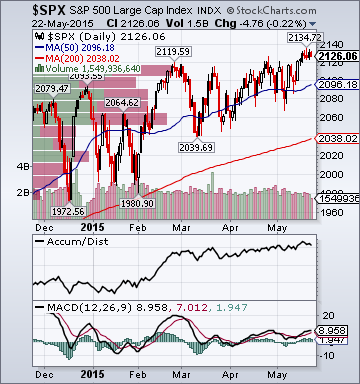NYSE Composite Index:
- Volume Running .2% Above 100-day average
- 0 Sectors Rising, 10 Sectors Declining
- 16.4% of Issues Advancing, 80.7% Declining
- 31 New 52-Week Highs, 55 New Lows
- 54.8% of Issues Above 200-day Moving Average
- Average 14-Day RSI 43.8
- Vix 14.23
- Total Put/Call 1.08
- TRIN/Arms 1.20
